Indoor Air Quality Testing to Support Healthy Habits
Indoor air quality testing is a critical process for assessing the condition of air within residential, commercial, and industrial environments. It involves measuring various pollutants and environmental factors to ensure safe and healthy indoor spaces. Proper testing can identify sources of contamination, such as mold, volatile organic compounds (VOCs), particulate matter, and other airborne pollutants.
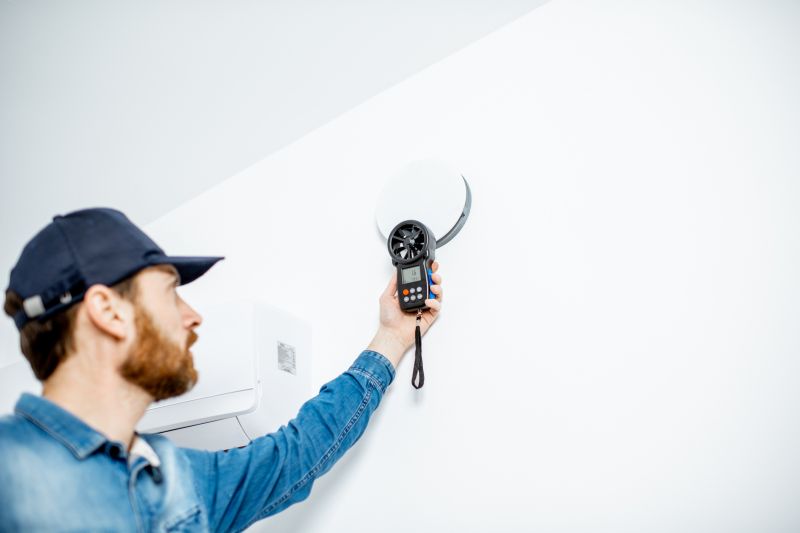
Advanced tools and sensors are used to detect pollutants and measure air quality parameters accurately.
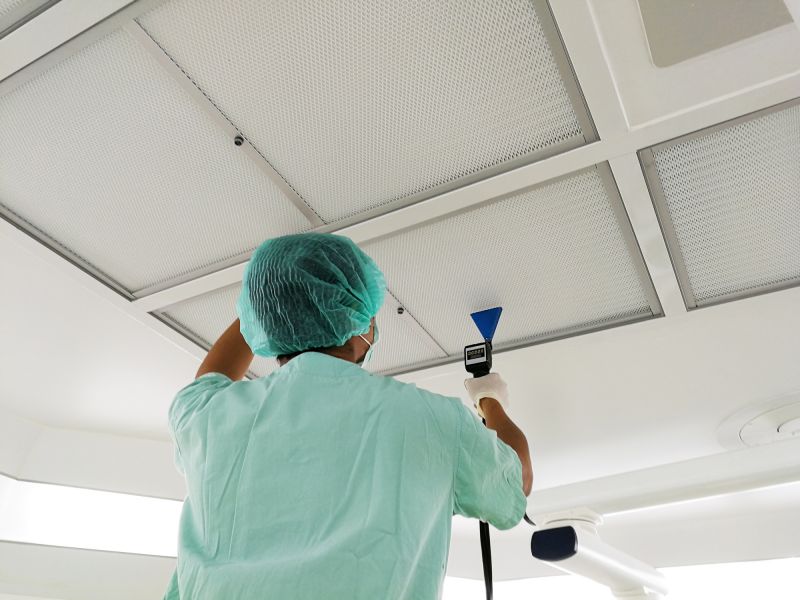
Samples are collected from various locations within a space to analyze pollutant levels and identify sources.
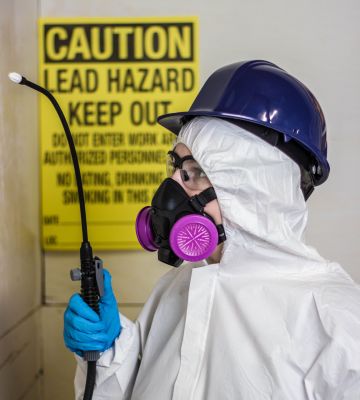
Collected samples are analyzed in laboratories to determine contaminant concentrations and assess health risks.
The process of IAQ testing typically involves several steps, beginning with an initial assessment to identify potential problem areas. Sampling is then conducted using specialized equipment to gather air and surface samples. These samples are analyzed to determine pollutant levels, which can vary depending on factors like building age, occupancy, and ventilation systems.
Duration and Professional Involvement in IAQ Testing
A professional IAQ testing service can complete comprehensive assessments within a few hours to a full day, depending on the size and complexity of the space. Their expertise ensures accurate sample collection and interpretation of results, which is essential for identifying issues and recommending appropriate solutions.
Engaging a qualified professional for IAQ testing is advisable to guarantee precise results and avoid potential sampling errors. Their experience allows for effective identification of pollutants and helps in developing targeted remediation strategies.
The IAQ Testing Process
The testing process begins with a detailed inspection of the indoor environment to pinpoint possible sources of pollution. Following this, air and surface samples are collected using calibrated equipment. These samples are then sent to laboratories for analysis, which can take from several hours to a few days. The results are compiled into detailed reports that highlight pollutant levels and potential health risks.
Based on the findings, recommendations are provided to improve air quality, which may include enhanced ventilation, filtration systems, or source removal. Regular testing can help maintain optimal indoor air conditions and prevent long-term health issues.
Advantages of Professional IAQ Testing
Hiring professionals ensures comprehensive and accurate assessments, reducing the likelihood of overlooked pollutants. Their expertise helps in interpreting complex data and developing effective solutions tailored to the specific environment. Additionally, professional testing can provide documentation for compliance with health and safety standards.
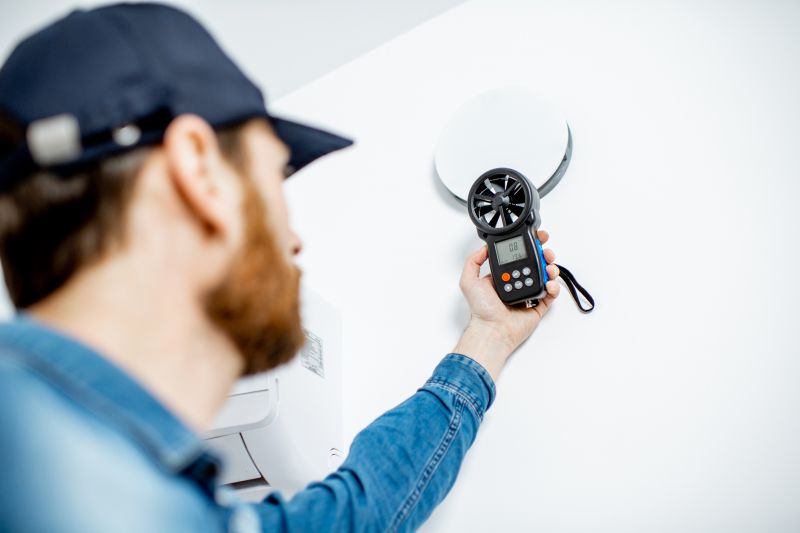
Experts use precise techniques to gather representative samples from various indoor locations.
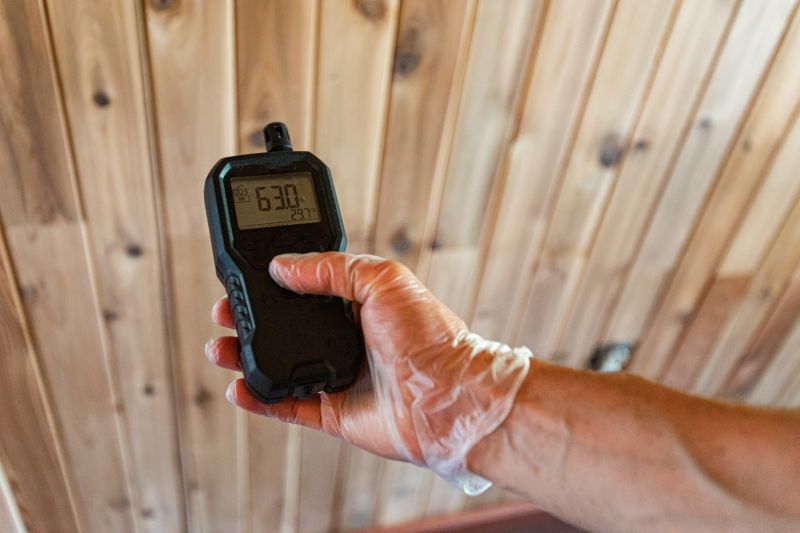
Samples are analyzed in certified labs to determine pollutant concentrations accurately.
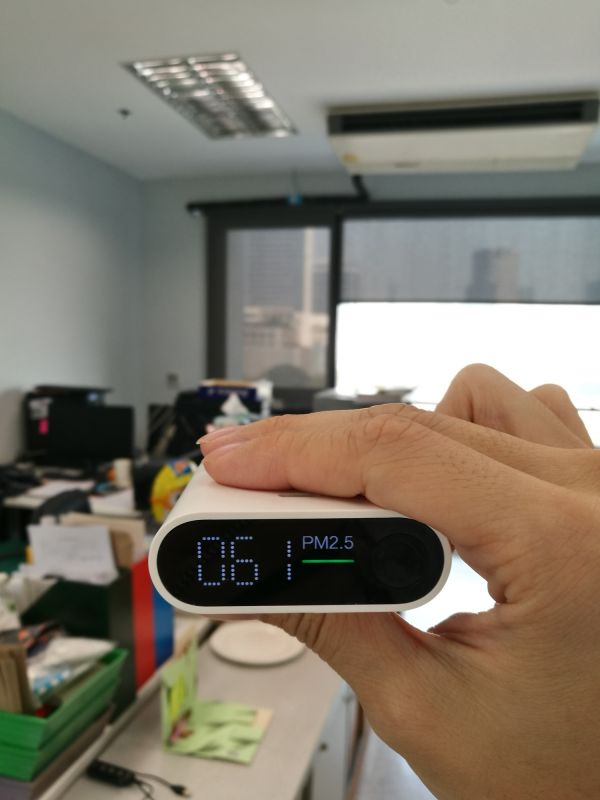
Actionable insights are provided to improve indoor air quality effectively.
Regular IAQ testing helps maintain a healthy indoor environment by identifying issues before they become serious. It supports proactive management of air quality, ensuring spaces remain safe for occupants.
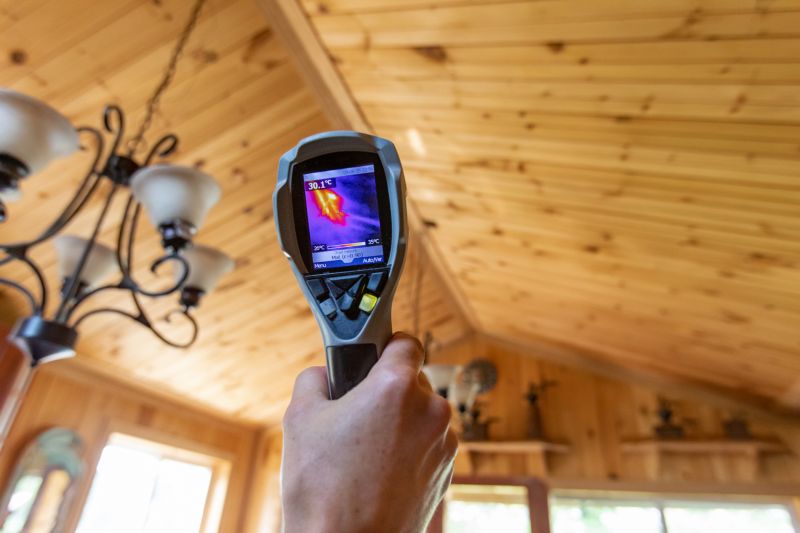
Photos showcasing successful assessments and improved indoor environments.
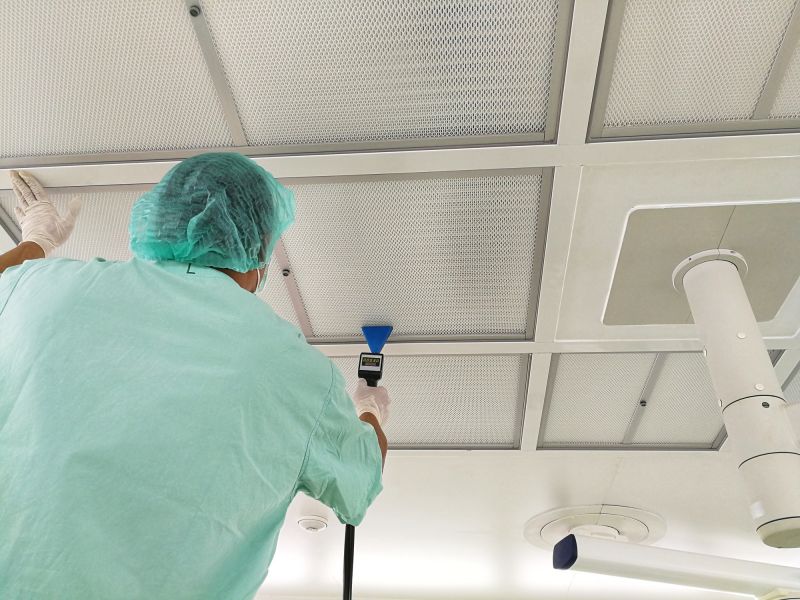
Visual evidence of IAQ improvements following testing and remediation.
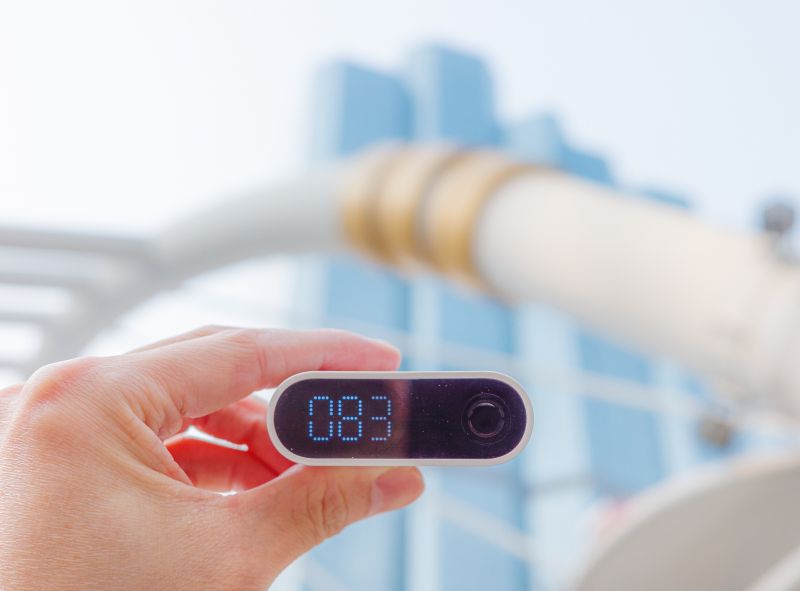
Various instruments used for ongoing air quality assessments.
For those interested in evaluating their indoor air quality, filling out the contact form can provide a pathway to obtain detailed quotes and schedule professional testing services. Accurate assessment and timely action can significantly enhance indoor health and comfort.
